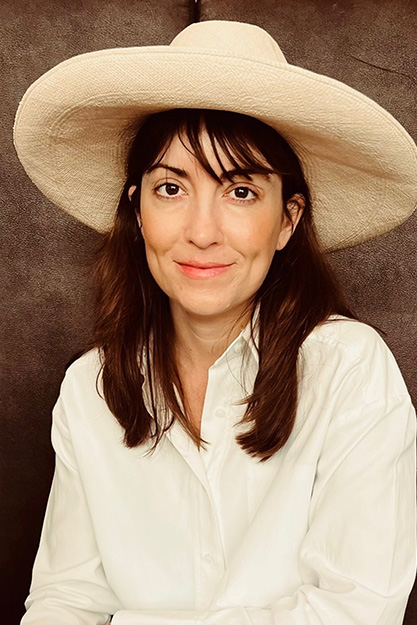A The Kids Research Institute Australia researcher whose work focuses on the mental health of babies and young children has been chosen from a global field to become one of 20 new Zero to Three Fellows.
Dr Amy Finlay-Jones, who is Head of the Early Neurodevelopment and Mental Health Team at The Kids and a Healthway WA Senior Research Fellow, is the only Australian selected to join the 2022-24 class of the Zero to Three Fellowship program – an intensive professional development program for early childhood professionals from around the world.
Zero to Three is a non-profit organisation based in the United States which works to ensure all babies and toddlers have a strong start in life.

Head of the Early Neurodevelopment and Mental Health Team at The Kids Research Institute Australia, Dr Amy Finlay-Jones
Recognising that the first three years of life are the most important for lifelong mental health and wellbeing, the organisation brings together leaders in the fields of medicine, mental health, social science research, child development and community leadership with the goal of turning the science of early childhood development into real impact.
Dr Finlay-Jones, who this week flew to San Diego to meet the rest of the 2022-24 Fellowship Class, said she was thrilled to be selected for the program.
“Zero to Three are world leaders in integrating evidence into infant mental health policy, practice and advocacy, and this is a fantastic opportunity for me to learn and share my learnings with my team, the Institute, and our community partners,” Dr Finlay-Jones said.
“I am looking forward to being inspired by the program mentors, networking with other Fellows and understanding more about international perspectives on infant mental health.”
Throughout the 18-month program each Fellow works on their own ‘Vision for Change’.
“My Vision for Change will focus on co-developing a system for earlier identification and support for infant mental health in Australia,” Dr Finlay-Jones said.
“My intention is to ensure that families of infants and young children – particularly those from underrepresented groups – are involved in shaping the programs, systems and policies that affect them.”
Dr Finlay-Jones – who as well as being a researcher is a registered psychologist and health economist – said she hoped to strengthen opportunities for cross-national learning so those working in the field could collectively tackle complex problems in infant mental health.
“Specifically, I am interested in learning about different models for working together to design and implement accessible, culturally secure, and empowering infant mental health services and systems,” she said.
“I hope to learn from others about effective pathways to change at the individual, systems, and state levels that centre and elevate the needs and perspectives of underrepresented groups.”
